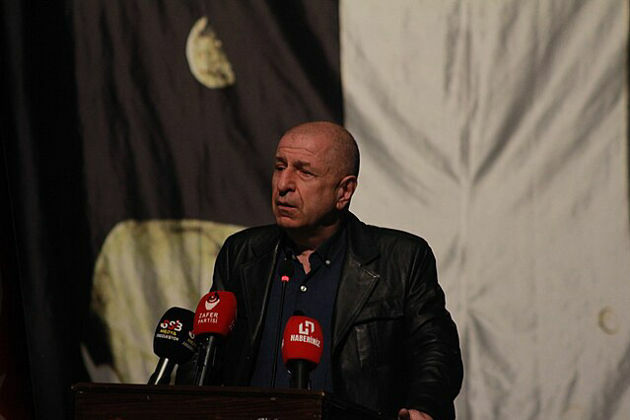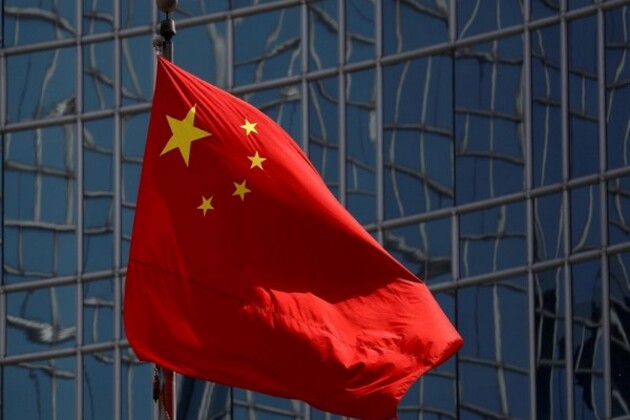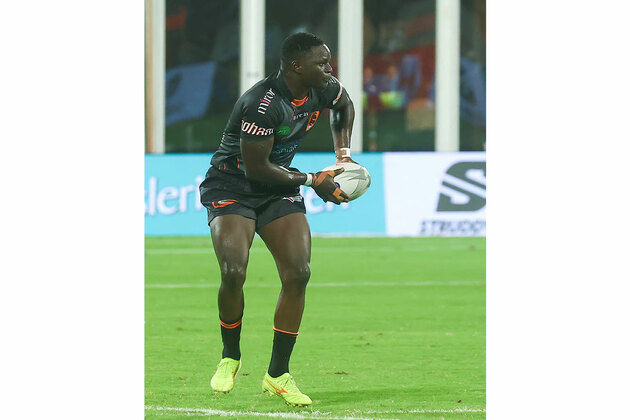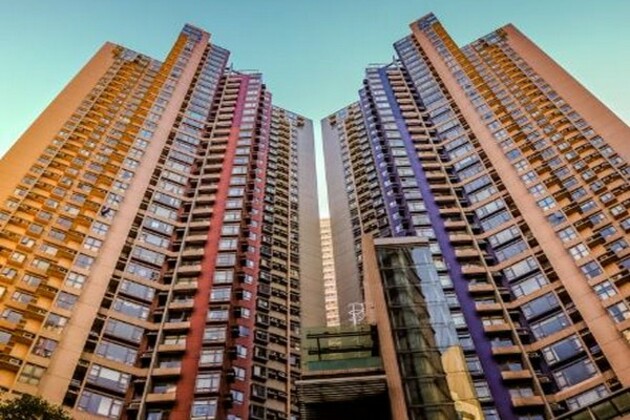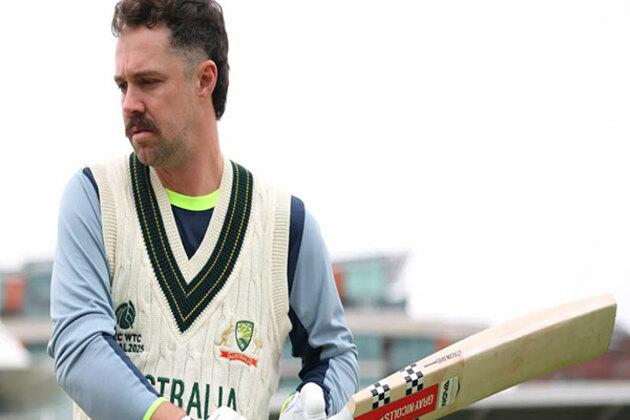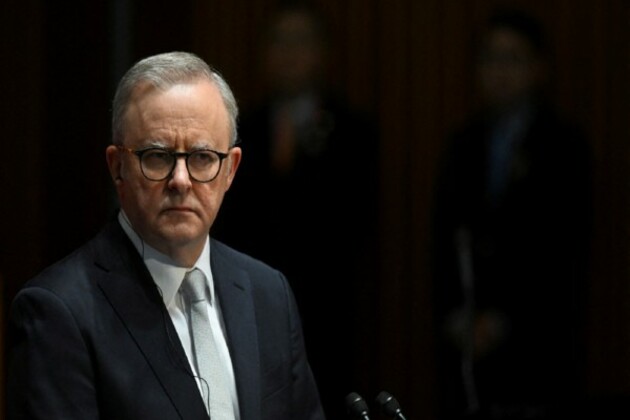Australia is deporting 3 non-citizens from the 'NZYQ' group to Nauru. What could it do instead?
The Conversation
18 Feb 2025, 03:04 GMT+10
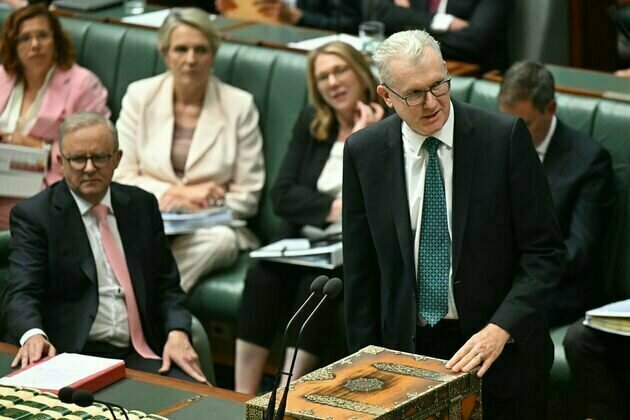
Australia's minister for home affairs announced on Sunday that the federal government has struck a deal with Nauru to "resettle" three non-citizens from what's come to be known as the "NZYQ cohort".
The NZYQ cohort is a group of people released from long-term immigration detention after the High Court's NZYQ 2023 decision.
The court found their ongoing detention was unconstitutional where there was no reasonable prospect of removing them to another country. This led to the release of over 200 people from detention, the majority of whom had previously had visas cancelled on character grounds or had committed crimes.
This new deal with Nauru has significant implications.
According to the home affairs minister, three people from the NZYQ group have now been granted 30-year visas by Nauru, and will soon be removed to that country.
The minister said all three have criminal histories. One has been convicted of murder.
Nauru may accept more people from the NZYQ cohort, referring to these people as "the first three". The minister says he expects a legal challenge to their removal.
Read more: High Court reasons on immigration ruling pave way for further legislation
Once a non-citizen has had their visa cancelled on criminal grounds, they are often deported to their country of origin after serving their prison sentence.
However, the individuals in the NZYQ group cannot be returned to their country of origin. That could be because international law prevents Australia returning them to places where they may face harm (a principle known as "non-refoulement").
Or, they may have no recognised nationality and no country to accept them.
This raises the question of what should be done with them after they complete their prison sentence.
Up until the decision in NZYQ, people in this situation were simply kept in immigration detention. It was often almost impossible to get another country to accept them.
The Australian government tried to get many other countries to accept the man at the centre of the NZYQ case. This person, a stateless Rohingnya man given the pseudonym NZYQ, had been convicted of a serious crime.
The High Court noted no country had a standard practice of resettling people in situations such as this. It noted the immigration department had never successfully transferred such a person to a third country (in other words, to a place that was not Australia, and not their country of origin).
The Nauru deal announced on the weekend is an important development, in part because it is the first significant use of new migration laws rushed through late last year.
These laws aimed to respond to concerns around the NZYQ cohort being released into the community.
The new laws allow the government to transfer non-citizens to third countries, in this case Nauru, under "third country reception arrangements."
The details of these agreements are left entirely to the discretion of government. The laws grant broad powers to remove people and provide payments to those third countries.
People who may be removed to a third country include those in the NZYQ group who, since the High Court decision, have been living in the community on bridging visas.
A major issue is the uncertainty surrounding the rights and support of individuals sent to Nauru.
It's unclear how or whether these people will be able to get housing and access to work, or how they might be treated in a country with high unemployment. Some may have family members in Australia and may be separated indefinitely from them.
The United Nations High Commissioner for Refugees has raised significant concerns around what it calls "externalisation" of international protection obligations without adequate protection safeguards or standards of treatment.
Externalisation, it says, can lead to
indefinite "warehousing" of asylum-seekers in isolated places, exposing them to indirect refoulement and other dangers.
The UN Human Rights Committee has also said that outsourcing operations to another country did not absolve Australia of accountability and its human rights obligations.
A final concern is the precedent this agreement with Nauru sets for how other countries may treat refugees with criminal convictions.
Australia's model of offshore processing has already been used as a reference by other countries, including the UK.
With the growing international debate about managing refugees with criminal convictions, this arrangement may end up being replicated elsewhere.
The lack of safeguards for people in third countries, such as Nauru, could mean refugees and asylum seekers are transferred without proper protection, exposing them to further harm.
It is not uncommon for countries to send criminal deportees to their home countries. But in situations where people are stateless or cannot be sent home due to a fear of serious harm, countries either have to allow the person to remain or seek an alternative country to send them to.
However, it remains very hard for countries to convince other countries to accept people who have criminal convictions.
Earlier this year, US President Donald Trump signed an executive order to prepare a detention facility at Guantanamo Bay in order to hold up to 30,000 "high-priority criminal aliens unlawfully present in the United States".
Exact details of the arrangement remain unclear and the plan has been criticised by a range of human rights groups and legal organisations.
Other countries have established systems for managing non-citizens who are not entitled to protection or whose visas have been revoked due to criminal offences, ensuring they are not detained indefinitely.
After completing their prison sentences, these individuals are typically released into the community, where domestic law enforcement handles any further offending.
Neglecting to address offending behaviour or rehabilitation within the Australian system - whether during imprisonment, detention, or in the community - and then deporting individuals to developing countries doesn't really solve the problem.
It simply means we are externalising the problem to a poorer country.
 Share
Share
 Tweet
Tweet
 Share
Share
 Flip
Flip
 Email
Email
Watch latest videos
Subscribe and Follow
Get a daily dose of Australian Herald news through our daily email, its complimentary and keeps you fully up to date with world and business news as well.
News RELEASES
Publish news of your business, community or sports group, personnel appointments, major event and more by submitting a news release to Australian Herald.
More InformationInternational
SectionCritics say Özdağ case aims to silence Erdogan opponents
ANKARA, Turkey: A Turkish far-right politician went on trial Wednesday, facing charges of inciting public hatred—an episode critics...
Assisted dying bill clears key hurdle in UK Parliament
LONDON, U.K.: In a landmark moment for Britain, lawmakers in the House of Commons have voted in favour of legalising assisted dying,...
International law no longer a priority among Western leaders
Western support for Israel's right to strike Iran backs up a pattern of pre-emptive violence that critics say is further eroding international...
Carney sets 30-day deadline for US trade deal
OTTAWA, Canada: Canada may boost its counter-tariffs on steel and aluminum imported from the U.S. if a comprehensive trade agreement...
Leaked call pushes Thai govt to the brink as allies waver
BANGKOK, Thailand: Thailand's government is facing its biggest crisis in nearly a year, as Prime Minister Paetongtarn Shinawatra's...
Trump orders U.S. to join Netanyahu's war on Iran
WASHINGTON, DC - U.S. President Donald Trump how bowed to pro-Israel elements in his administration and Congress, announcing that the...
Sydney
SectionChina irks NZ as its influence spreads in the South Pacific
Hong Kong, June 23 (ANI): The Pacific Islands are considered a point of vulnerability for Chinese encroachment and influence peddling,...
International Olympians featuring in RPL believe there is massive scope for Rugby sevens in India
Mumbai (Maharashtra) [India] June 23 (ANI): Rugby sevens, the faster, sharper version of traditional Rugby 15s, has exploded in popularity...
India's real estate shines amidst slowdown in APAC markets: CBRE Survey
Delhi [India], June 23 (ANI): India's resilience and sustained positive trajectory across key real estate segments, particularly the...
Travis Head urges Australia to move on from WTC Final defeat ahead of West Indies Series
Melbourne [Australia], June 23 (ANI): Australia batter Travis Head has called on his teammates to swiftly put their recent ICC World...
Airstrikes on Iran: "Want to see diplomacy, dialogue and de-escalations", says Australian PM
Canberra [Australia], June 23 (ANI): Australian Prime Minister Anthony Albanese gave a call for dialogue and diplomacy so as to prevent...
AFC Women's Asian Cup: Mongolia, first obstacle in Blue Tigresses' road to Australia
Chiang Mai [Thailand], June 23 (ANI): India's road to the AFC Women's Asian Cup 2026 and the FIFA Women's World Cup 2027 will officially...

